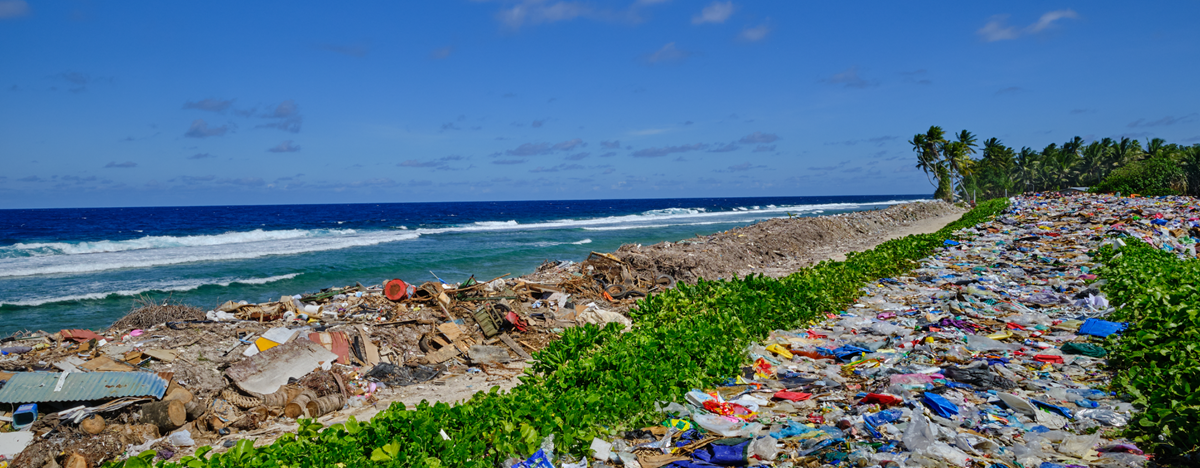
Plastics and health: understanding impacts and exploring solutions for the Western Pacific
How did your country report this? Share your view in the comments.
Diverging Reports Breakdown
Plastics and health: understanding impacts and exploring solutions for the Western Pacific
Plastic pollution is a growing threat to both environmental and human health. From production to disposal, plastics can leach harmful chemicals and break down into microplastics, which are now found in human lungs, placenta, breastmilk, and blood. Governments are now negotiating an international legally binding instrument on plastic pollution, often referred to as the Global Plastics Treaty.
Plastic pollution is a growing threat to both environmental and human health. From production to disposal, plastics can leach harmful chemicals and break down into microplastics, which are now found in human lungs, placenta, breastmilk, and blood.
The World Health Organization (WHO) Western Pacific Region – home to over a quarter of the world’s population – is also a global hotspot for plastic leakage, contributing over 60% of marine plastic waste, according to estimates by the United Nations Environment Programme (UNEP).
In response to the scale and urgency of this issue, governments are now negotiating an international legally binding instrument on plastic pollution, often referred to as the Global Plastics Treaty. The fifth session of the Intergovernmental Negotiating Committee (INC-5) took place in Busan, Republic of Korea, in 2024. While the environmental aspects of plastic pollution are well understood, the health implications remain under-recognized and under-addressed – particularly in policy-making.
This webinar by the WHO Asia-Pacific Centre for Environment and Health in the Western Pacific Region (ACE) will convene regional and global experts to unpack the intersection of plastics and health, and the policy mechanisms currently shaping global and regional responses.
Opening remarks:
Sandro Demaio, Director, WHO ACE
Speakers:
Sarah Dunlop, Head of Plastic and Human Health, Minderoo Foundation
Richard Brown, Technical Officer, WHO
Kate Robertson, WHO
